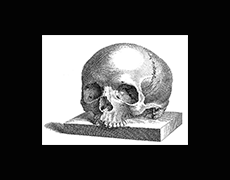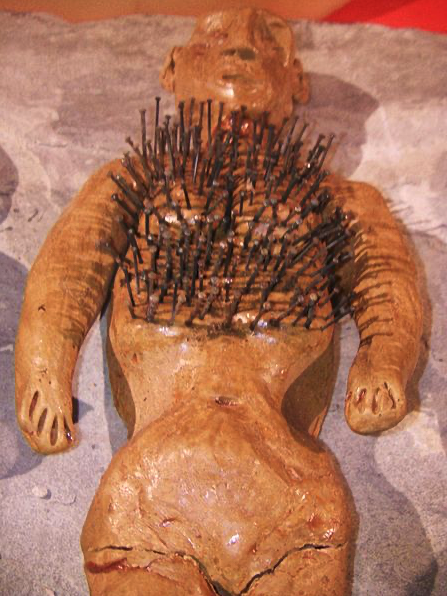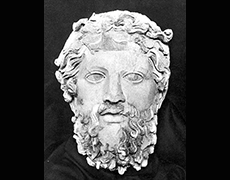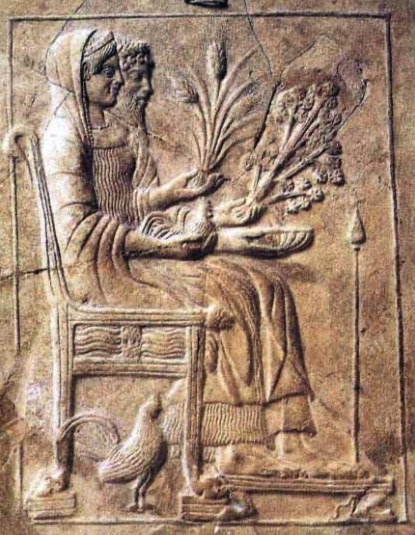
I began researching and publishing history articles in 2015, but long before that, in the late 1980s, I began a journey of self study into ancient history with a strong emphasis on Ancient Greece.
Becoming a historical researcher requires a combination of education (especially self-education), research skills, and passion for history.
Here are some key skills that can help you succeed in this field:
1. Education
Traditionally, a degree in history, library science, or a related field is usually required for many historical research positions. A master’s degree or PhD may be required for more advanced positions.
However, I am a firm believer in self-education. If you are planning to work on your own and are not seeking employment at a museum, then by all means commit yourself to learning these skills on your own. In the long run, I believe you will be better for it.

2. Research Skills
Historical researchers must be able to locate and analyze primary sources, such as letters, diaries, and government documents, as well as secondary sources, such as books and articles, in order to gain a deeper understanding of their subjects. Strong critical thinking and problem-solving skills are also essential.
This may require that you learn another language or several. Don’t let this deter you. There are plenty of free language lessons online that will help you gain a basic understanding of any classical or contemporary language.
3. Historical Knowledge
A deep understanding of historical events, figures, and trends is important for putting research findings into context and drawing accurate conclusions.
In other words, read plenty of books an visit locations as time and money permits.

4. Attention to Detail
Historical researchers must be meticulous in their approach to research and analysis, paying close attention to detail in order to avoid errors and inconsistencies.
5. Writing Skills
Effective writing skills are essential for presenting research findings in a clear and concise manner. This includes the ability to write well-structured, argument-driven essays, as well as reports and academic articles.
These are all skills you can learn online.

6. Communication Skills
Historical researchers must be able to communicate their findings and ideas effectively, both verbally and in writing, to a variety of audiences, including academics, historians, and the general public.
7. Technology Skills
Familiarity with research databases and other tools, such as archives management systems and digital preservation tools, is becoming increasingly important in the field of historical research.

8. Organization
Historical researchers must be able to manage their time and resources effectively, prioritize tasks, and keep track of their progress in order to meet deadlines.
9. Passion for History
Ultimately, the most important skill for a historical researcher is a genuine love and passion for history and the stories that it can tell. A lifelong curiosity and eagerness to learn more can help keep you motivated and engaged in your work.
These skills can be developed and honed through education, work experience, and, most importantly, self-study, and are essential for success in this challenging but rewarding field.

